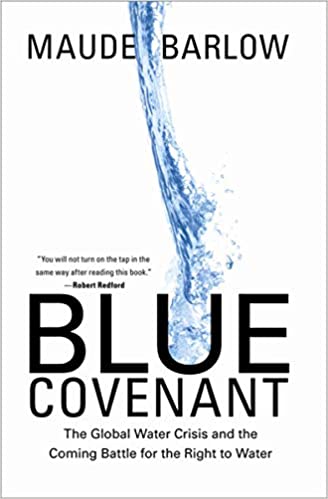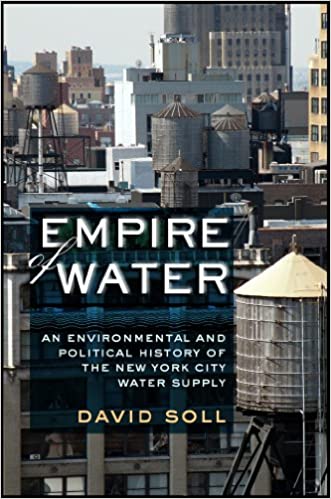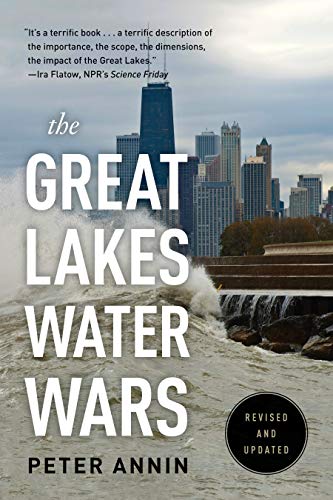
February 20, 2014Sierra Club and HRFA Challenge DEC on First Water Withdrawal PermitSierra Club and the Hudson River Fishermen’s Association (HRFA) filed suit December 6, 2013, in New York State Supreme Court in Queens County against Joseph Martens, Commissioner of the New York State Department of Environmental Conservation (DEC). For procedural reasons, the suit was refiled February 18, 2014, Sierra Club and HRFA v. Martens, Index No. 2949-14. The Article 78 proceeding challenges the procedures followed by DEC in reviwing the application of TransCanada for a water withdrawal permit for its Ravenswood Generating Station in Queens to take up to 1.5 billion gallons of water per day from the East River in the Hudson River estuary. TransCanada's application is the first application by a non-public user to be considered by the DEC under the state’s new water withdrawal permitting law and regulations. See DEC Gives Two Weeks to Comment on First Water Withdrawal Application for 1.5 Billion GPD. The suit asserts that DEC violated New York's Water Resources Protection Act, the State Environmental Quality Review Act (SEQRA), federal, state and city coastal zone laws and DEC's public trust responsibilities by improperly claiming that issuance of the permit was exempt from the requirements of these laws. In the Sierra Club's press release, Roger Downs, Conservation Director of the Club’s Atlantic Chapter said, “The Ravenswood plant has killed billions of fish through its antiquated cooling intake pipes over the decades and presents a myriad of other impacts on the estuary and on other water users. To pass on this huge water withdrawal permit with no scrutiny of its environmental impacts is irresponsible and contrary to the requirements of SEQRA. It sets an unfortunate precedent for the handling of subsequent permit applications. DEC needs to conduct an environmental review for each water withdrawal permit application in order to fulfill the objectives of the new 2011 permitting law, which are to promote water conservation, ecological health and equity among all users.” As Gil Hawkins, president of HRFA, noted in the release, “The impact of the Ravenswood’s fish kills in New York Harbor must be looked at before a permit to withdraw 1.5 billion gallons of water per day from the East River is issued to Ravenswood. Our association has worked for many years to protect the Hudson River watershed, of which the East River is an integral part, from pollution and fish kills. New York's new water withdrawal permitting requirements must be implemented responsibly or great harm may be done to the entire Hudson River system. Under the new regulations, sixteen large power plants located across New York State are scheduled to apply for water withdrawal permits this year, including the Ravenswood, Astoria, East River and Arthur Kill generating stations in NY Harbor, and the Indian Point, Danskammer, Bowline and Roseton Generating Stations on the Hudson River. The total maximum reported water usage of these 16 facilities is 10 billion gallons per day. The impacts of these withdrawals must be considered before permits are granted.” I am one of the attorneys representing the petitioners, along with Richard Lippes, Gary Abraham and Jonathan Geballe. The petition is posted on the Sierra Club Atlantic Chapter website. Posted by Rachel Treichler 12/10/13, updated 02/20/14.
Copyright 2021, Rachel Treichler
|
|






